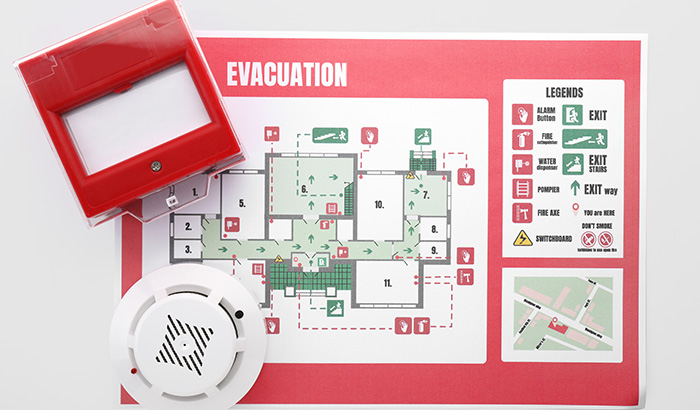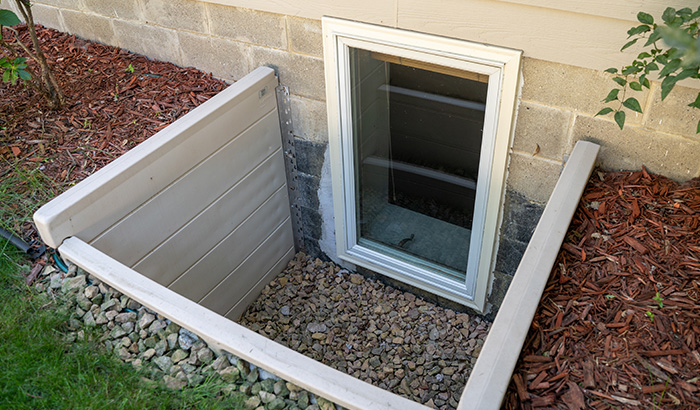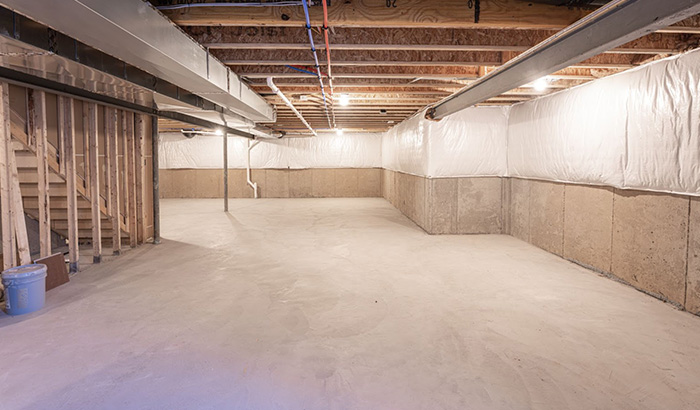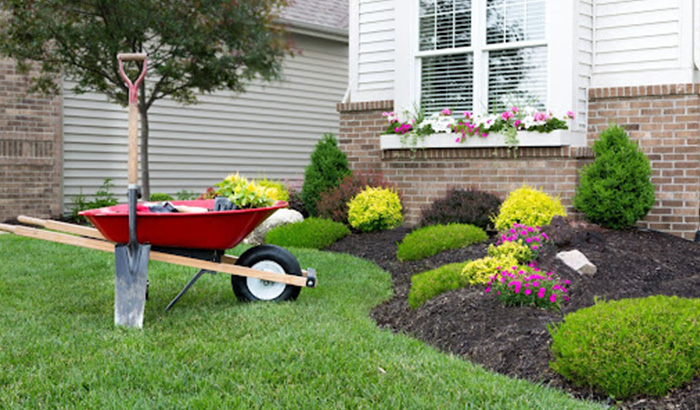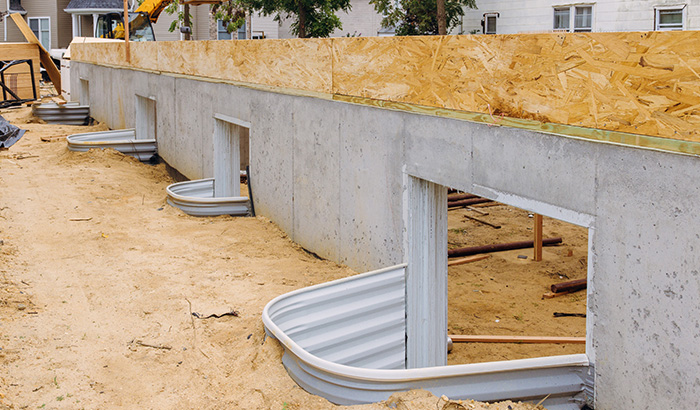Hopefully, you won’t need to escape your home in an emergency, but you should know how to prepare your family for a home evacuation.
Most homeowners never experience the terror of living through a disaster, whether it be a fire, flood, or another natural disaster. We hope you’re not an exception, but your family must have an emergency response plan to be safe and prepared.
Do you have an evacuation plan?
Have you discussed it with your family?
What would happen in the event of a flood? A fire? A home invasion?
Thinking through these scenarios before they happen will help you act quickly when there is an emergency to respond to.
You don’t want to lose your head under pressure or find that something terrible has happened and you aren’t home with your family to evacuate.
Will they know what to do?
Today, we’re sharing some essential tips for preparing your family to respond well to an emergency home evacuation.
1. Consider the Possibilities.
Depending on where you live, some emergencies are more likely to occur than others. For example, the Midwest needs to worry more about tornados, while living in a flash flood area would put you on alert to flooding.
Utahns need to face the reality of a potential earthquake. All homes should consider fires or home invasions. What might that look like for your family and your home? Are you prepared to evacuate?
Talk as a family about the risks you face. Awareness is the first step to knowing how to respond during an emergency. Formulating a plan around that awareness is what might just save your life during an emergency.
2. Exit on Every Floor.
If you were trapped on a specific floor, could you safely exit your home? For example, if flood waters render your main floor and basement dangerous to access, you should be able to escape through your top floor.
A fire or home invasion on the above-ground floors could mean you need to escape through your basement. Can you comfortably do that now? It may be time to consider a window ladder for your upstairs and an accessible window well for your basement that may feature steps or footholds. Practice escaping now so you know exactly what to do in an emergency.
Not having exits on every floor could mean being trapped in part of your house. In that case, you’d need to call 911 and wait for emergency first responders to rescue you. Not only is that a terrifying situation to live through, but the first responders could have difficulty getting to you, putting your and your family’s lives in danger.
Additionally, being stuck in your home during a fire would be dangerous for your health. Smoke inhalation and exposure to extremely high temperatures should be avoided at all costs. The same idea applies to a flood. If your home is filled with cold water, you’re risking hypothermia.
Plus, what if your phone is in your pocket, falls in the water, or gets dangerously close to fire before you can get 911 on the phone. That would be a terrifying scenario to live through. These are examples of why having a home evacuation plan is imperative.
3. Emergency Kits
An emergency preparedness kit for each member of your family is essential. Consider keeping these kits in an accessible location high off the ground that won’t be subject to moisture or precipitation. Your garage or outside storage could be a good place.
An emergency preparedness kit should include the following:
- Water
- Non-perishable food; Red Cross recommends a 3-day supply.
- Flashlight
- Radio (with batteries)
- Extra batteries
- Medications; Red Cross recommends a 7-day supply.
- Multi-purpose tool
- Personal hygiene items
- Sanitizing wipes
- Copies of personal documents
- Cell phone with charger
- Family and emergency contact information
- Cash
- Emergency blanket
- Paper map of your neighborhood and the surrounding area
Keeping these supplies all together in one spot will allow you to grab and go during an emergency. Some of these items might seem unnecessary. But keeping personal documents will help if you end up at the hospital without an insurance card.
Is your phone dead? A spare phone with emergency contacts could allow you to call 911 or contact loved ones.
Keeping a week’s supply of medications is essential, especially if you have prescriptions. What if your prescriptions get ruined? You’ll have a 7-day supply, giving you time to get a prescription refill or see your doctor for a new prescription.
Keeping simple items in your emergency kit could dramatically reduce stress and help you access help.
4. Practice.
It may seem morbid, but practicing your escape plan is the best way to ensure your family’s safety in an emergency home evacuation. Take some time to ensure your basement windows and basement window wells are functioning and accessible.
Practice lowering your upstairs rope ladder. Make sure each family member knows how to safely exit the home and determine a rendezvous point for separated family members in the event of an emergency.
Windowell Expressions
Windowell Expressions cares about your comfort and safety in any situation. We have decades of experience installing window wells.
We can be part of your family’s safe emergency evacuation plan by offering functional and safe window wells and access points that give your family egress and peace of mind.
We can teach your family how to safely evacuate through the basement window wells if there is no separate entrance or the entry is blocked off. Staying safe in an emergency situation shouldn’t be hard to do.
If you think your basement needs an upgrade to be used for egress, contact Windowell Expressions today. Call us at 801.474.7835 or contact us through our website. We offer free, 15-minute phone consultations so we can help you determine what will best meet your needs.
Let us help you stay safe during an emergency. Get started with Windowell Expression today.

